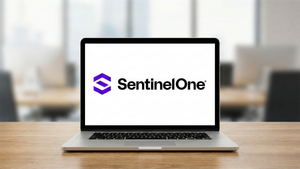Financial News
More News
View More
5 Stocks Wall Street Repriced Higher Heading Into 2026 ↗
Today 7:11 EST
What’s Up With SentinelOne? An Ultra-Deep Value Opportunity ↗
January 05, 2026
The S&P 500's Top-Performing Sectors: 3 Lead the Pack in 2025 ↗
January 05, 2026
Notable Newcomers: These 2025 IPOs Dominated the Year ↗
January 05, 2026
Recent Quotes
View More
Stock Quote API & Stock News API supplied by www.cloudquote.io
Quotes delayed at least 20 minutes.
By accessing this page, you agree to the Privacy Policy and Terms Of Service.
Quotes delayed at least 20 minutes.
By accessing this page, you agree to the Privacy Policy and Terms Of Service.
© 2025 FinancialContent. All rights reserved.








